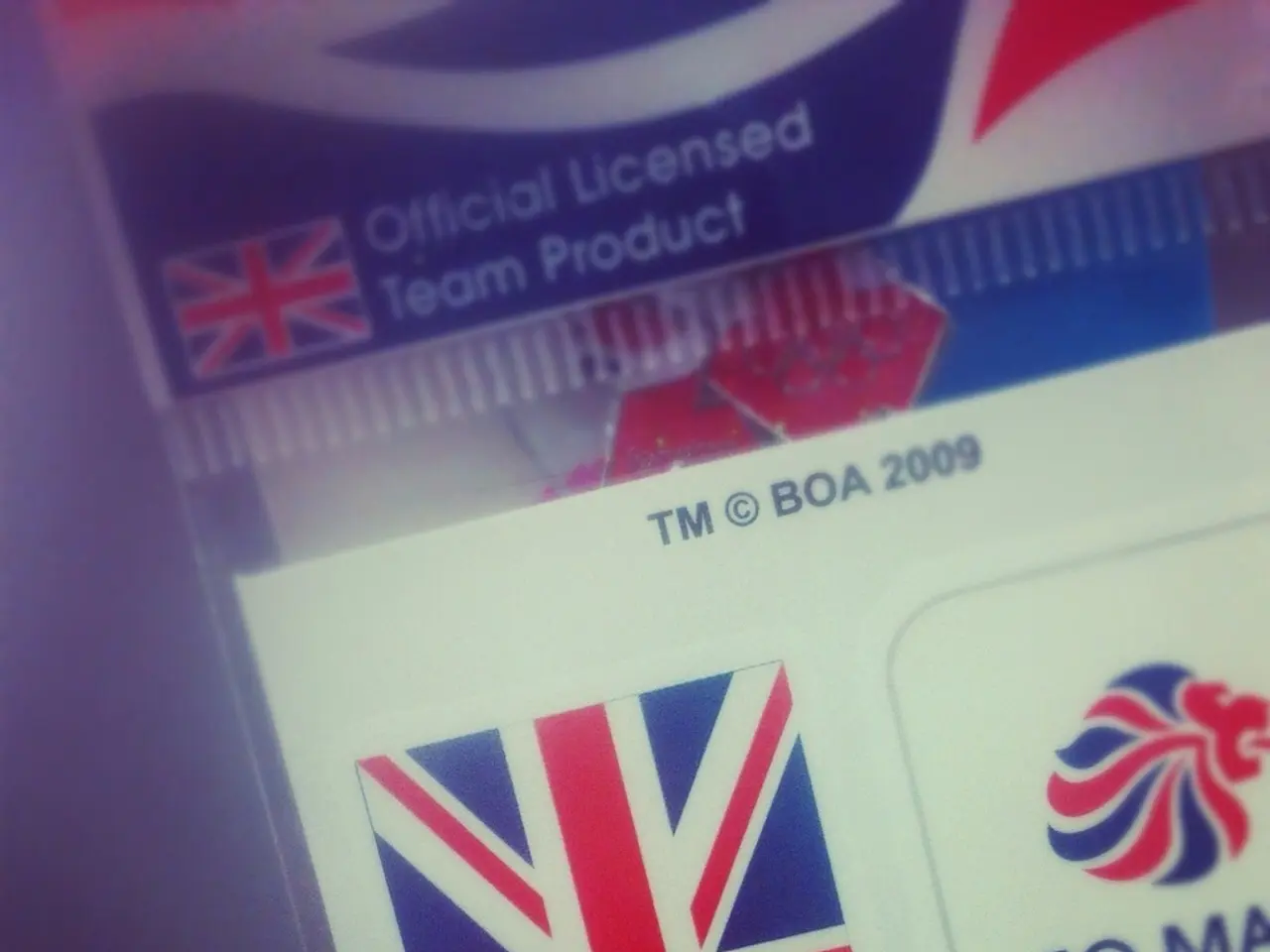Streamlining Customer Identity Verification: Ensuring Compliance with Anti-Money Laundering Regulations
In the modern business landscape, companies worldwide are required to adhere to stringent Know Your Customer (KYC) regulations to prevent fraud, ensure compliance, and maintain a cost-effective workflow tailored to specific industries and businesses. This is particularly true in Germany, where KYC onboarding procedures are meticulously designed to comply with AML rules enforced by BaFin, the German financial regulatory authority.
The KYC onboarding process in Germany is a comprehensive set of legal procedures that businesses must follow before engaging with a new customer. The process begins with the collection of essential personal data, such as the customer's name, date of birth, address, and other identification details.
Before initiating the video identification session, companies in Germany obtain explicit consent from customers for conducting both the live video identification and audio recording of the interview. The live video interview session requires the customer to present their identification document(s).
Following the live video session, companies capture pictures of all relevant sides/pages of the ID document, including a facial picture of the customer for a face-match check. The Machine Readable Zone (MRZ) on the ID is decrypted and verified against the information provided by the customer. Security features of the ID are checked, often cross-referenced with identity document databases to confirm authenticity.
In addition to identity verification, customers are typically asked to provide proof of address, usually in the form of a recent utility bill or similar official document. For business relationships, customers complete a written declaration confirming beneficial ownership of the assets.
The company then ensures all data matches across documents, video capture, and customer input, and reviews for regulatory compliance. This includes data matching and compliance checks to confirm that all information provided is accurate and adheres to KYC and AML regulations.
The efficiency of this process is further enhanced by RegTech solutions, which automate document verification and sanctions screening, thereby reducing the manual compliance burden.
In summary, Germany mandates a live video identification interview as a core part of KYC onboarding, combined with document scans, consent for video/audio recording, and verification using sophisticated checks such as MRZ decryption and beneficial ownership confirmation. This rigorous process is designed to ensure compliance with AML regulations while maintaining an efficient and cost-effective workflow.
It's essential to note that KYC and AML requirements vary by country, and industries such as financial services, iGaming, Virtual Asset Service Providers (VASPs), trading, real estate agents, and high-value dealers are obligated to apply KYC procedures during customer onboarding. By adhering to these regulations, businesses can protect themselves from financial and reputational losses, fostering a more secure and trustworthy business environment.
In the financial sector within Germany, businesses incorporate RegTech solutions to automate KYC procedures, ensuring a cost-effective and efficient workflow for identity verification, sanctions screening, and regulatory compliance. Companies are expected to utilize technology in their business regarding KYC onboarding, showcasing the intersection of technology, finance, and business compliance.
Furthermore, AML regulations require not only identity and address verification but also proof of business relationships, such as confirmation of beneficial ownership of assets, solidifying the link between finance, technology, and business in honoring these regulatory guidelines.




